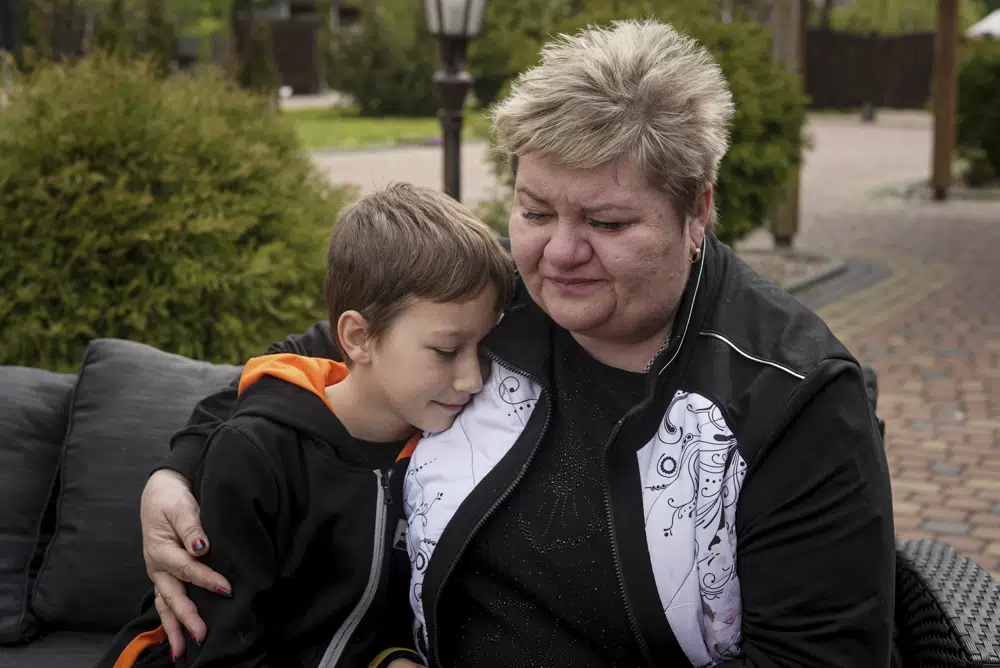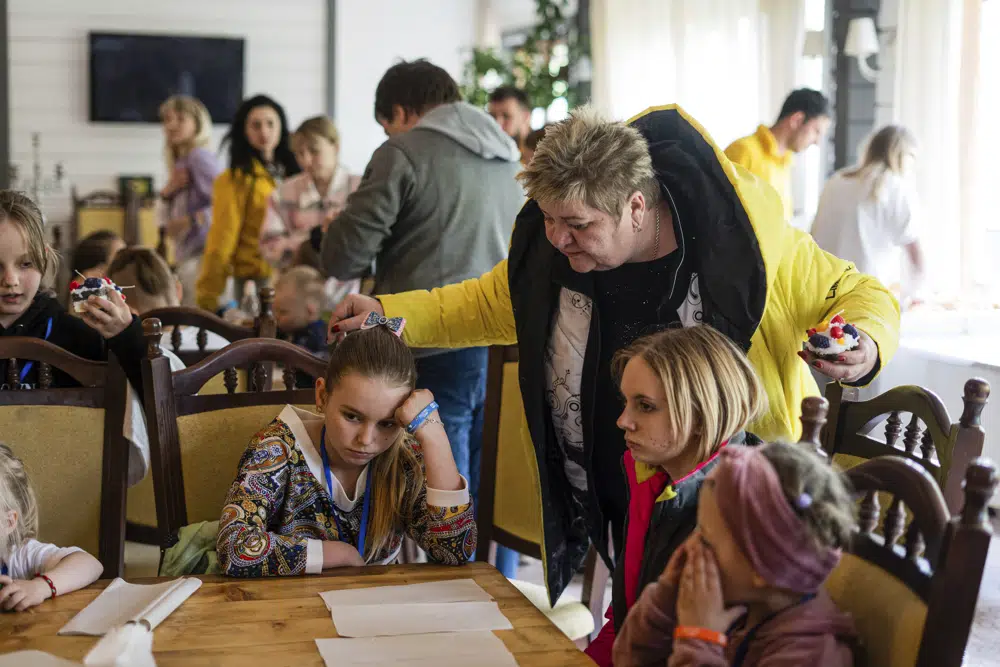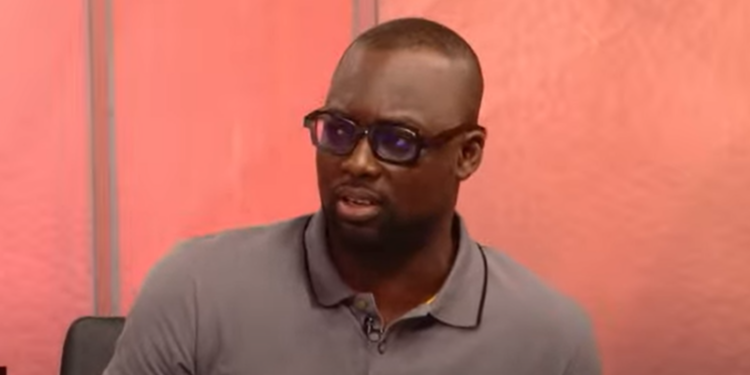Several children have died in Ukraine since the Russia invasion began. The extreme trauma have undoubtedly create psychological wounds on the survivors that would accompany them into youth and adult life. “Even if children fled to a safer area, it doesn’t mean they forgot everything that happened to them,” Psychologist Oleksandra Volokhova said.
After a loud explosion shook their modest house in eastern Donetsk region of Ukraine, two children struggled to see through the dense smoke that hanged in the air. The two, who were 9 and 10 years old, cried out for their dad.
As instructed, Olha Hinkina and her brother Andrii hurried to the bomb shelter. As the shelling stopped, they discovered their dad on the porch, lifeless and drenched in blood, after being hit by a Russian missile. Andrii disclosed that his “Father was killed at seven in the morning.”

Both siblings join generation of Ukrainian kids, whose lives have been drastically subsided by the conflict. Since Russia’s full-scale invasion, Ukraine have been under relentless bombardment, resulting to the displacement of millions of people from their homes, and rendering children Parentless.
Approximately 1,000 children have been injured and at least 483 have died, according to statistics from Ukraine’s general prosecutor’s office. Figures from UNICEF states that, roughly 1.5 million Ukrainian children are at danger of mental health conditions such post-traumatic stress disorder, anxiety, and depression, which could have long-term consequences.
According to the National Social Service of Ukraine, there are over 1,500 orphaned children in Ukraine. According to Ukrainian officials, Donetsk, the scene of numerous battles, has seen the greatest number of kid deaths, with 462 youngsters either dead or injured.
This number excludes deaths from Mariupol in the Donetsk province that is currently under Russian occupation, where it has been challenging for Ukrainian authorities to keep tabs on the dead and injured.

The Hinkin family was just like any other family, before the war tore them apart. They lived in the village of Torske, now 35 kilometers from the frontlines. Olha and Andrii lost their father in October, leaving them orphaned. Years before the conflict, their mother passed away.
The siblings seem to be getting through the worst of their tragedy six months later. They have since been relocated by police and volunteers, to a safer place in the western Zakarpattia region. They have been catered for by the government’s social services, and SOS Children’s Villages, a Ukrainian nonprofit that offered shelter and psychotherapy.
The story of Olha and Andrii became known in Torske, after a video was released by the Police, showing the removal of their father’s remains from the rubbles. “We knew the village, we knew these people,” they lived somewhere we knew. Nina Poliakova, 52, from the village of Lyman, claimed.

Grieving Poliakova got a call from a neighborhood children’s aid organization, asking, if she would be open to meeting the Hinkina family by the caller. They primarily discussed the Hinkina family house, and their pets when they first met. Feeding the pigs was one of Andrii’s favorite pastimes. Poliakova made the choice to include the two kids in her large family.
“We had that tragedy in our family, and then fate just brought us together,” Poliakova said. “Now many children have been left alone, without parents. Children need care, love. They seek to be embraced and comforted,” she added.
Many organizations have sprung up to aid children in overcoming the trauma of war, including one called Voices of Children, which has handled about 700 inquiries from parents seeking assistance for kids with PTSD symptoms, panic attacks, and chronic stress.

In a report released by the charity, it was shown that the cries have evolved as the battle has gone on. Parents seek assistance this past winter after observing behavioral changes in their kids, such as boredom, aggressiveness, and anxiety, as well as sensitivity to loud noises and antisocial behaviors.
“A child’s psyche remains more malleable than that of adults, and with timely and quality support, we understand that a child can more easily overcome any traumatic events,” said Olena Rozvadovska, the head of Voices of Children.





















